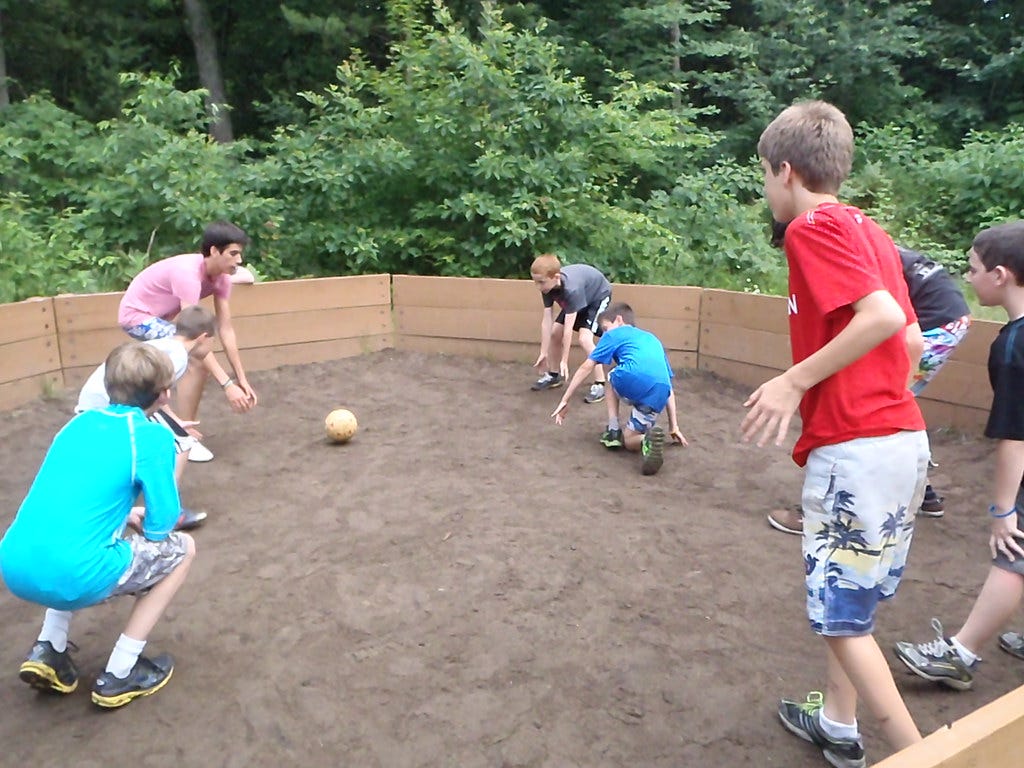Every Tuesday, I volunteer at a nearby elementary school to help coach the little kids during recess. I usually help students between the ages of 5 and 8, and it is really interesting to see how disappointment manifests itself in these children. While this emotion is amplified due to their age, it has given me some useful insights into how I can cope with disappointment in my own life.
It’s no surprise that elementary school playgrounds are bastions of disappointment. Emotionally volatile youngsters losing games and becoming frustrated runs rampant, and it’s my job to help handle it. There is some variation in how these students react, but the best thing that I can compare these reactions to is the five stages of grief. Even though a kid losing a playground game is nowhere close in seriousness to losing a loved one, the mental progression has some serious similarities.
Denial: Once I tell a student that they “got out” in a game, it is common that they will reflexively respond with “no I’m not!” Often, students will say that I didn’t see it correctly, or try to impose a new, made-up rule. Additionally, some will say that they weren’t trying or that the other player was cheating.
Anger: Once I try to usher them out of the game, the first onsets of anger start to appear. They might start yelling, arguing, or sometimes even resort to hitting.
Bargaining: The students will now start asking for redos or a way to get back into the game.
Depression: The student might start getting sad and even crying. At this point, I try to console them so they can get back at it.
Acceptance: Eventually, the student will get back in line and begin chatting with their fellow peers.
So, how can I take these observations from little kids and apply them to my daily life? Well, I’ve noticed that many students get over this disappointment so much quicker if they have some hope for the future. After losing a game of “gaga ball,” a student was on the verge of tears. In order to help him out, I got down on one knee and told him he would get it next time and gave him words of encouragement. He not only proceeded to stop crying, but he also got into the top three in the next game. If I get a lower-than-expected grade on a test, retaking it with this attitude can do wonders for my state of mind.
Additionally, getting to this “acceptance” phase of disappointment as fast as possible can prevent me from stewing in any one of the previous negative emotions. While it is easier said than done, letting the floodgates loose on these disappointing emotions has helped me get to this phase quicker. As seen in the anecdote above, having a friend or family member there for support is often a good option that has personally helped me out.
While it may seem surprising, little kids have given me great insights into how disappointment works in all humans. Even though disappointment is always an unpleasant feeling, understanding its basic functionalities has helped me efficiently resolve it, whether it's on the playground or somewhere else. The next time you are feeling disappointed about something small or large, I invite you to use one of these strategies. After all, if it can stop a six-year-old from crying, it can probably help you.




You are getting some useful insights from these kids as their coach and mentor! This is some great advice for dealing with disappointment in the face of losses, either larger or small.
I love the idea of learning from these kids about how to navigate my own disappointments and frustrations. Great wisdom yet again, Hugo! (Also it's so cool that you are volunteering to coach/help these kids!)